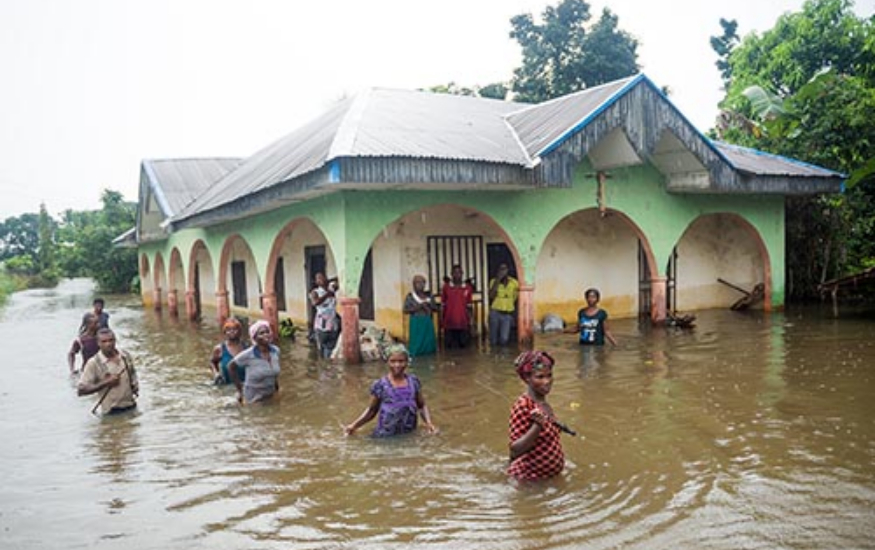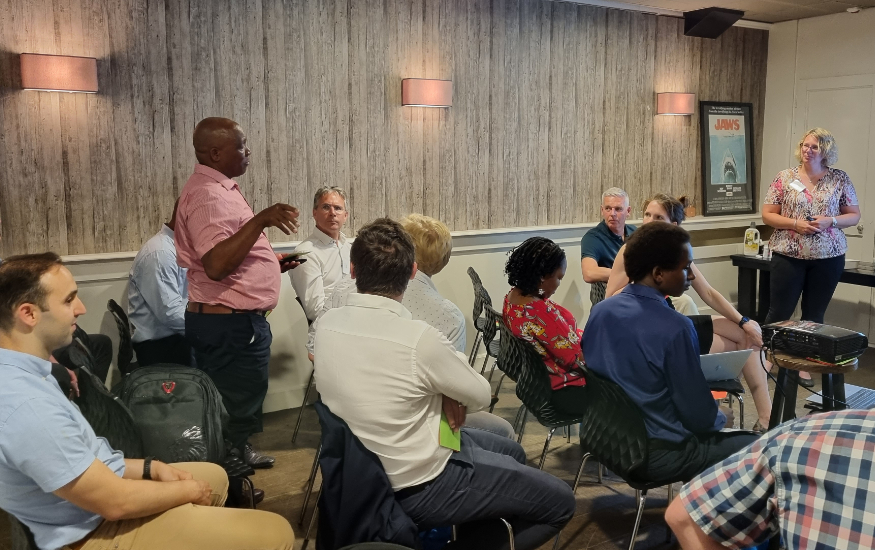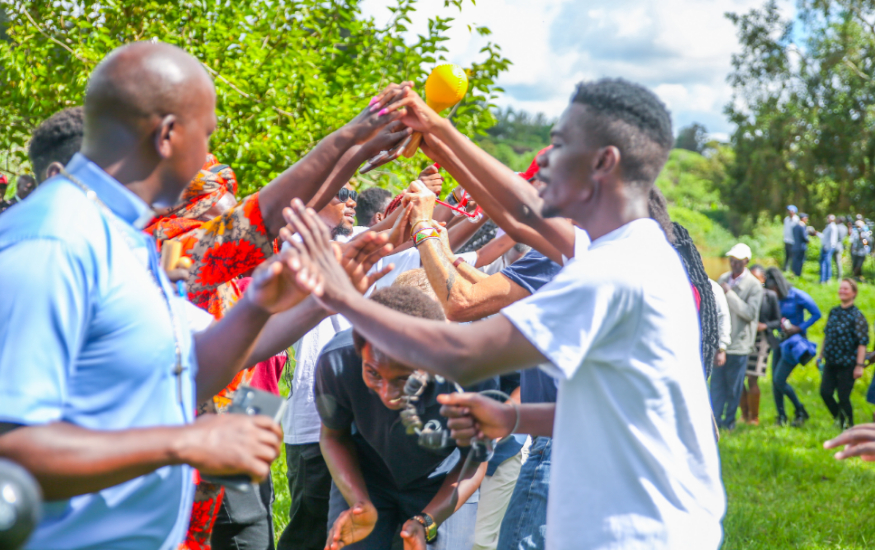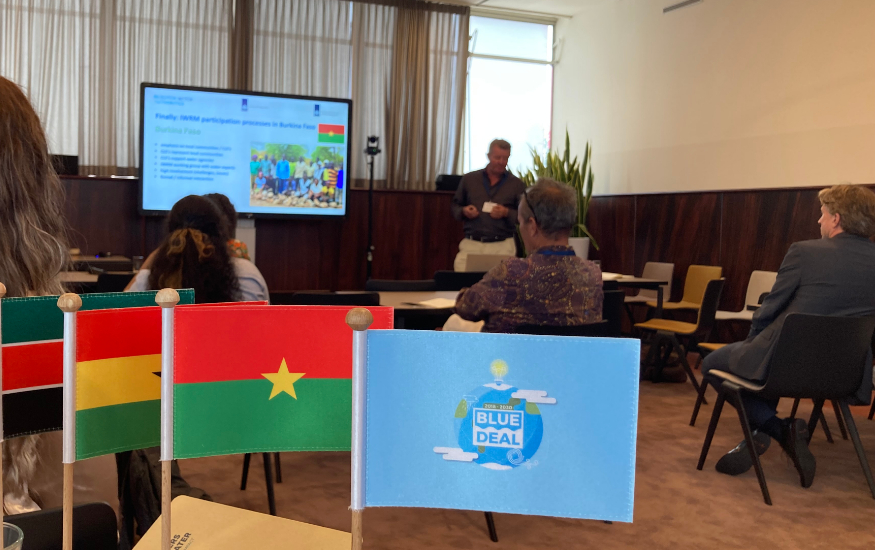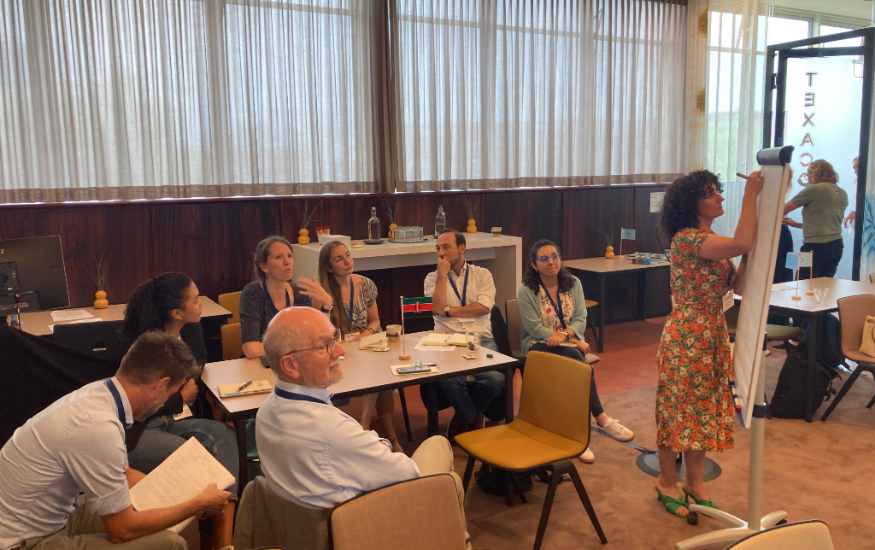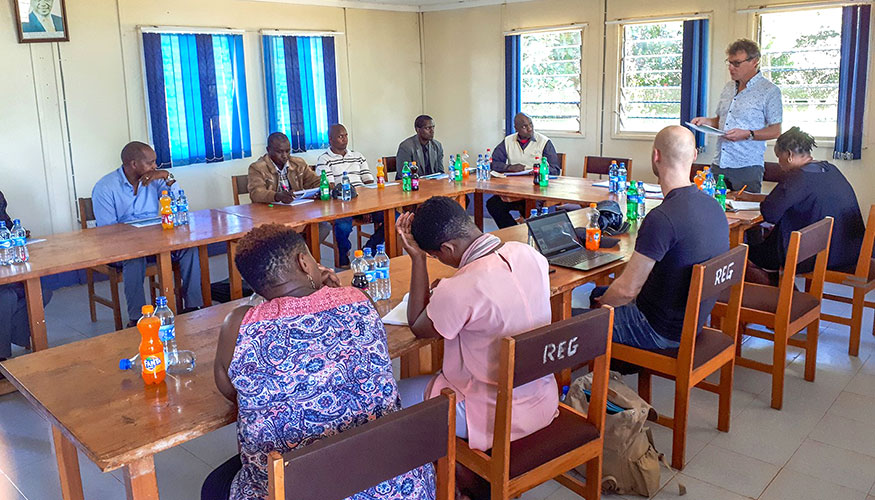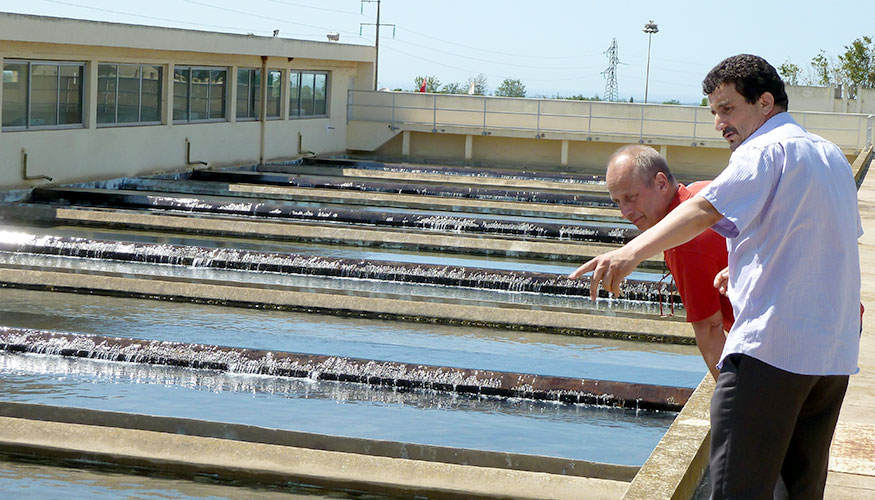Blue Deal partnership Kenya was an active partner in the economic mission that took place in March. The aim was to strengthen collaboration between Kenya and the Netherlands as strategic and economic water- and agriculture partners. The visit was combined with a state visit from their Majesties King Willem-Alexander and Queen Máxima.
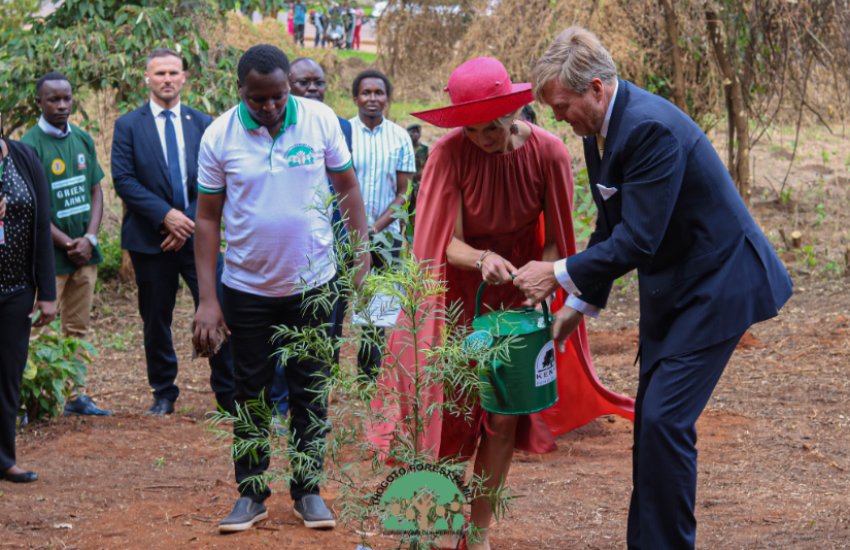
World Waternet and the Water Resources Authority in Kenya have been working together in the Blue Deal programme since 2018 on various topics. The collaboration covers water allocation, water quality, river basin management, flood protection and innovative stakeholder engagement. The economic mission provided opportunities to accelerate investments for sustainable water solutions in these fields.
The economic mission was led by Ms. Reinette Klever, Minister for Foreign Trade and Development. The water track lead was being guided by Netherlands Water Partnership (NWP). World Waternet presented all the work they are doing in Kenya to the participants of the economic mission. Moreover, it was able to establish a relationship between WRA and the Dutch businesses as well as Kenyan and international investors.
Blue Deal partnership coordinator Simon Kamuyu Muturi participated in a tree planting ceremony in Thogoto forest at the source of Nairobi’s Mbagathi river with their Majesties King Willem-Alexander and Queen Máxima. Simon is part of a larger team of World Waternet based in Kenya, led by Peter de Koning.
Peter de Koning explains: “It was clear that investments in the catchments, among others through sustainable partnerships in building governance through the Blue Deal programme, are critical. Furthermore, taking an integral watershed approach through Blue Deal spin-offs such as the Njururi initiative and the Mathare River initiative, are essential along the value chain up to the highly needed WASH investments. Such was noted by one of the participating credit facilities. It recognised World Waternet as one of very few working throughout the entire water cycle. It was very valuable to showcase and discuss the Blue Deal work with the Dutch government and trade partners, exploring and strengthening partnerships in smart metering and flood management.”

